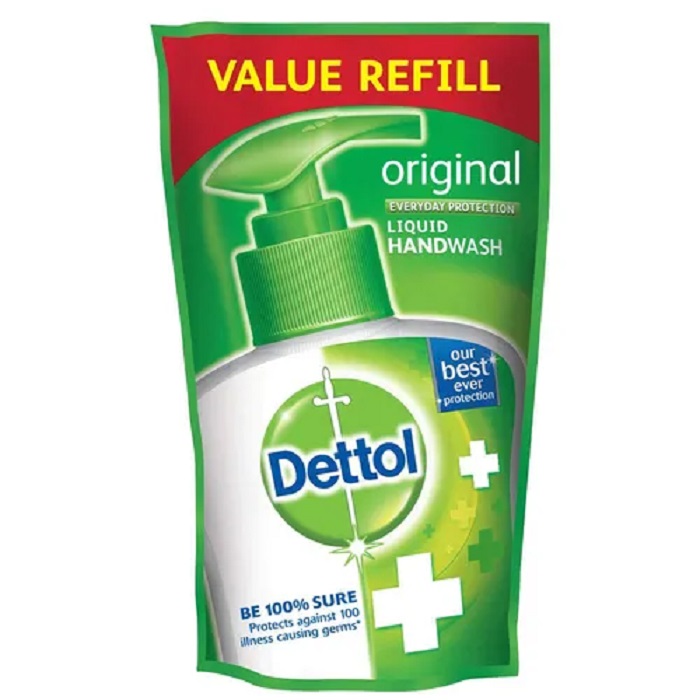Majority of Indians are familiar with the brand ‘Dettol’. It is a household name in the hygiene category; its product line includes antiseptic liquid, soaps, liquid handwash, hand sanitizer, body wash, shaving cream and medicated plasters.
In India, Dettol as a brand stands for ‘trusted protection’. Dettol’s products are of high quality and are affordable, which is why they have managed to enter majority of the households in India.
Since Dettol’s product line is vast and caters to every need of a household, it can easily replace any other brand. This is why we continue to use Dettol products even though there are other competitors in the market.
Dettol was launched in India in 1933, and ever since has been the gold standard of protection. Dettol has been the trusted partner of health, for millions of mothers in India, to protect their family by preventing illnesses and infections.
Even today, Dettol continues to be one of the most trusted protectors of health ranking among the top 10 Most Trusted Brands in India.
Brief History of Dettol
- The English parent of Dettol had decided to market it in the 1930s with PCMX because it was short for parachlorometaxylenol, the aromatic compound that gives Dettol its germ-fighting ability.
- The management wanted the product’s name to reflect its medical history and rigour.
- It constituted just 4.8 per cent of Dettol’s total admixture, but was powerful enough to lend its germicide properties to the solution.
- Dettol came to India the very year it rolled out of RB’s factory in England, in 1932; multi-country launches were unheard of then.
- RB wanted to reach as many markets as it could and India being a British colony was convenient.
- Dettol found acceptance in local hospitals for first-aid, cleaning of wards, washing of linen etc. But it remained out of homes because Indians believed in using home remedies such as haldi (turmeric) as a germicide.
- Dettol represented the new thinking about germs, which was what allopathy propagated – that disease was caused by germs, while traditional thinking said disease was caused by an imbalance of the body.
- By the 1990s, it added plasters, liquid soap and shaving cream to its portfolio, and followed up by adding bodywash, kitchen gel, hygiene liquids and wet wipes in the 21st century.
- RB backed its ground-level effort with cinema ads in the 1960s using the mother-child relationship as the fulcrum to drive home the message of germ-protection. This continued over the decades. By 1981, Dettol had expanded into soaps, taking its germ-protection property into the competitive personal care space.
Latest Campaign by Dettol
 As the world deals with the Covid-19 pandemic, Dettol has rolled out its new campaign to spread awareness on the importance of handwashing. Created by McCann India, the campaign aims to encourage consumers to drive home the point in a simple manner on how soap can keep germs away.
As the world deals with the Covid-19 pandemic, Dettol has rolled out its new campaign to spread awareness on the importance of handwashing. Created by McCann India, the campaign aims to encourage consumers to drive home the point in a simple manner on how soap can keep germs away.
The campaign highlights measures to prevent COVID-19 from spreading, by showcasing the importance of hand hygiene as leading health experts across the world stress on it as the best preventive measure to avoid the spread of the virus.
Reckitt Benckiser Group (RB)
Reckitt Benckiser Group (RB) is a British multinational consumer goods company headquartered in Slough, England. The company was formed by the merger of British company Reckitt & Colman plc and Dutch company Benckiser NV in 1999. RB has operations in over 60 countries with power brands which include household names such as Dettol, Harpic, Lizol, Veet, Durex, Strepsils, Mortein, Vanish, Air Wick, Enfamil, Nutramigen, Nurofen, Strepsils, Gaviscon, Mucinex, Scholl, Clearasil, Finish, Calgon, Woolite. The company has over 40,000 RB employees worldwide.












